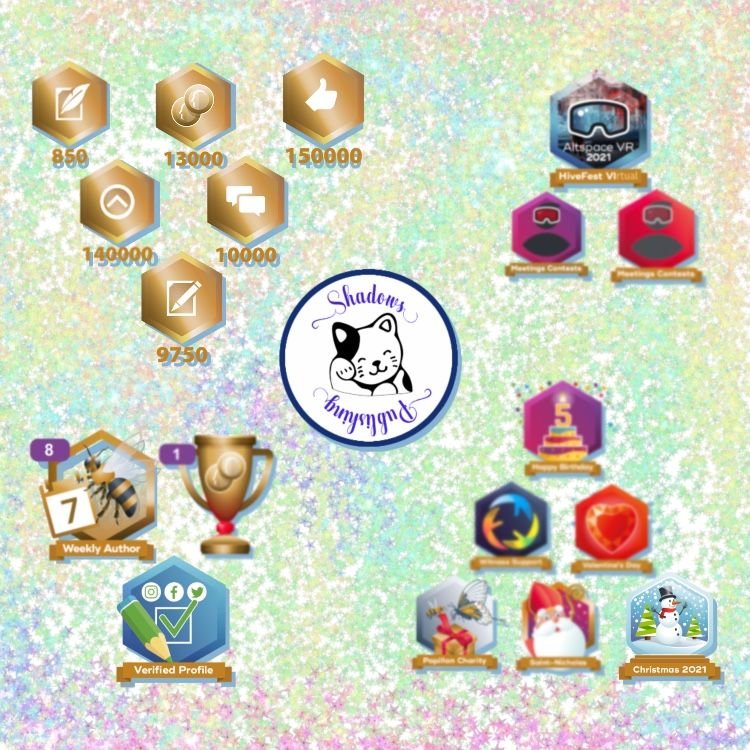Publishers Sue the Internet Archive

Reading was always considered important in the home I grew up in.
I could come home with a low mark on my report card and there would be a push to do better. But anything less than an A in reading, was to attract a focused push to get that grade up.
Going to the library was a regular ritual as I grew up. We were never without books to read, a habit I’ve carried into my adult life.
For me, the web is like a candy store when it comes to finding information. But, reading a book is still important.
Internet Archive
In the last couple of years I’ve on occasion visited the Internet Archive site. It is a free site to visit and use, a non-profit library, a California state library and a leading institution for digital preservation.
You’ll find the Wayback Machine that lets you find content that is no longer resident on the web.
Controlled Digital Lending
The Archive is part of a system that lends out ebooks using Controlled Digital Lending (CDL). It’s a framework for libraries to own and lend ebooks withing copyright laws.
It works something like this:
- library scans a book they already own in their collection
- the paper book is taken out of circulation so the library still only has one copy
- the digital copy is loaned to one patron at a time as if it was a paper book.
- the system controls the loan so the patron can only read, not download and at the end of the loan period returns it to the collection.
I’ve used this myself a few times to read books for research. In most instances I have 14 days of access to the book and choose to return it at any time. At the end of the period, I can renew it if no one else is waiting for it.
National Emergency Library, Publishers Sue
When the pandemic hit the Archive created The National Emergency Library as a way to help provide access to books for children learning at home while libraries were closed.
Instead of the books only able to go out to one person at a time, multiple loans were made.
They opened the Emergency Library in March 2020. In short order the five largest publishers: Penquin Random House, Hachette, HarperCollins and Wiley filed a lawsuit alleging ‘mass copyright infringement’.
The Internet Archive closed the Emergency Library on June 1st and asked the publishers to drop their lawsuit.
They were having no part of doing so, they want the Open Library closed permanently.
The Framework’s Legal Standing
The CDL is a framework agreement worked out by the Library Futures Foundation in consultation with the Intellectual Property and Information Policy Clinic.
The core goal is to provide access to materials for the public good within copyright rules. Over 100 libraries in Canada and the US are using the CDL to expand their ability to serve their clients.
By removing the source book from circulation of any type and only lending the e-copy out to one patron at a time, the process becomes the same as lending the paper copy except the patron doesn’t have to physically pick it up.
Within the Copyright Act libraries are given exemptions to loan out the books they purchase or acquire.
It’s the principle upon which public libraries have operated since the first one was open in the mid 15th century in Europe.
So Why the Lawsuit?
The publishers currently have a system where they licence ebooks to libraries. A licence that needs to be renewed repeatedly for the library to hold the book in their collection.
They have to pay for the same ebook repeatedly.
The publishers suit claims the act of the Internet Archive scanning a book they legally own is illegal. If they can convince the court of this notion, then they will have legal precedent to shift their business model from selling books to licencing books.
This would effectively bring books into the world of subscription models we currently see many apps doing.
You wouldn’t own ebooks, you’d have a subscription and would have to pay for the book over and over again in order to keep the book.
While they wouldn’t be able to implement this with paper books owned by individuals, they certainly could enforce it with libraries and schools.
It’s going to be interesting to see how this plays out in the courts.
SOURCES:
- header image from pixabay.com
- https://www.libraryfutures.net/post/controlled-digital-lending-unlocking-the-librarys-full-potential
- https://www.thenation.com/article/society/publishers-are-taking-the-internet-to-court/
- https://popula.com/2022/01/22/what-kind-of-writer-accuses-libraries-of-stealing/


Shadowspub is a writer from Ontario, Canada. She writes on a variety of subjects as she pursues her passion for learning. She also writes on other platforms and enjoys creating books you use like journals, notebooks, coloring books etc.

She created Prompt A Day to share with others. You can subscribe to Prompt A Day to get started.
NO, just NO
Well, this is the same of most digital media we use nowadays. We think we are buying it but if we read the fine print, it's more like a license. Digital Video Games, Digital Music.. books were only the next logical expansion of this forced marketing control.
Things are getting digital these days but I still opt to read books because there is something personal for me when doing it.
Books are still important .. either for the pleasure of a good story or to learn and expand our knowledge on a topic.
It would be sad to think of it...
That Everytime I want to make reference to a book, I'll have to pay again...
Unless, there are no paperback books, I don't think the model can be sustained in the long term.
Thank you for the post, by the way @shadowspub .
I didn't know about CDL until now.
If he publishers manage to create the precedent through this lawsuit it opens up the ability for them to start charging libraries and institutions a licensing fee on paper books as well as electronic. They wont be able to do that with regular book sales of paper books to people. They certainly could with ebooks.
Well... That would only force people to buying books instead of patronizing the library, don't you think?
well it would clearly increase operating costs for libraries which depend on donations and grants to survive. That would likely push some libraries into closing or seriously limiting their collections. A vital part of a libaries service in a community is being a place where low income members of the community can access books.
"one patron at a time"
That's where the issue is. From the moment you explained this CDL format, even before getting to the lawsuit part, I already knew that something like this will be a problem.
It's a digital form, not paper.
For example, when we all had to use CDs, I can only give people a disk of any movies, one at a time. But with the digital ones, I can send to as many people as possible and still have mine intact.
Even if the library wanted to flow with the clause of 'one patron at a time', it would have still been hard for them to avoid the temptation of sending out to many. Hehe.
Like you said, it would be nice to see how this will turn out.
By the end of the day, it will be all about money. If the authors have a way of getting paid for every copy that is digitally given to readers, they wouldn't be too worried.
The Internet Archive has their system setup that you can't download the book that is on loan. You have to read it on their site within their reader, so they will not be loaning it to more than one. I've used the system. The first time when I got to the end of two weeks and I'd not finished the book I was like, no biggie, I'll just renew the loan. When the loan time ran out and I tried to get it again, I had to go on a waiting list. This is the publishers trying to hold onto control in an industry where people can and do self-publish.
This sounds awful. I love the internet archive. Why would anyone sue them? Well, you explained why, but... why??? It's just crazy.
I hope the lawsuit fails. I believe in intellectual property, but the internet archive does not violate that in my opinion. I have never seen a scanned book on there that was written this century. Maybe I am mistaken.
!PIZZA
They are on there but you can't download them, you need to borrow them like you would a library book.
Interesting. They have more than I realized! For now...
PIZZA Holders sent $PIZZA tips in this post's comments:
@harlowjourney(2/5) tipped @shadowspub (x1)
Join us in Discord!
It's some crazy stuff. Even John Deere, of course, is licensing out the software to their tractors, and Monsanto leases it's seeds. Crazy shit.
whatever they can do to force sales it seems.